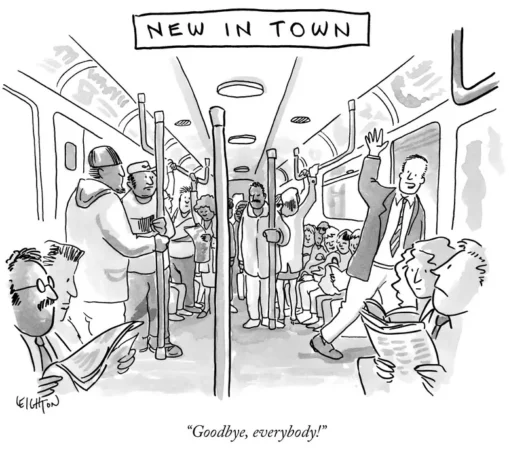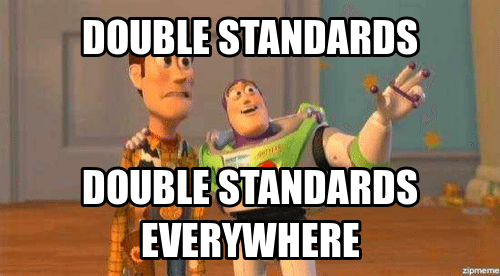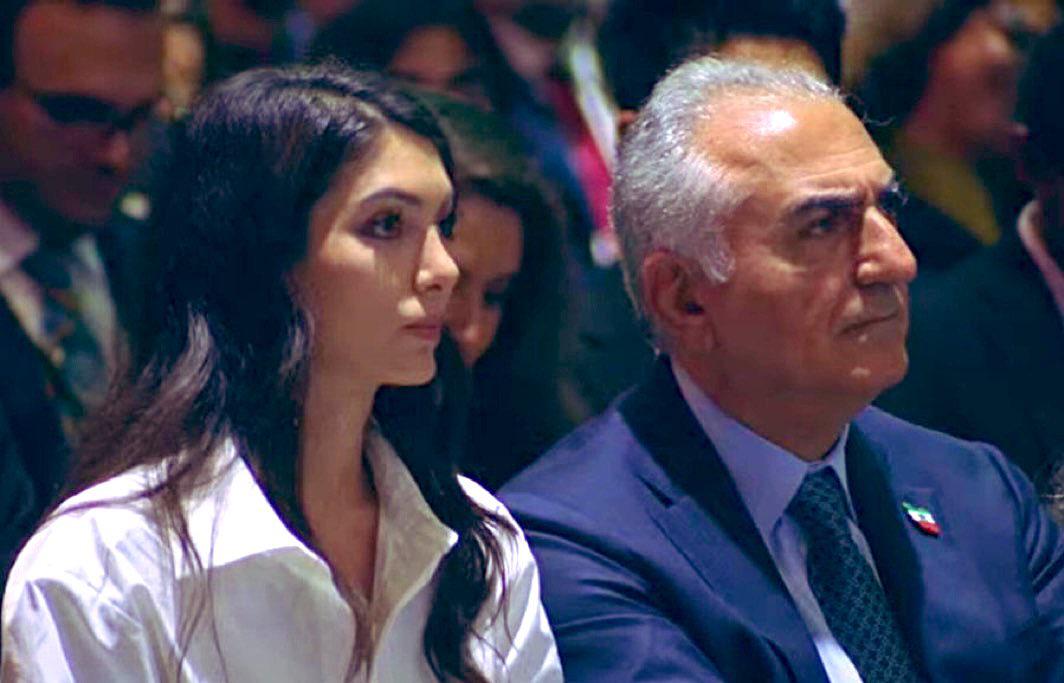“One time many years ago, I went to a football game with my father. We entered the dome, where all the fans were whooping and hollering and carrying on, and my dad looked around—with a true instinct for this kind of thing—and said, ‘Well, it beats a public hanging.’”
A Mound of Pink Cotton Balls
More needs to said about the idea of cultural justification. Apart from an understanding of this, there is no hope of grasping the deep divisions that the debates over same sex mirages are revealing. Note that I did not say that these debates are creating these division, but rather that they are revealing them. Same …
Grabbing for the Same Thing
“Two toddlers in one room wanting the same shiny toy come into conflict. There is no conflict between either of those two toddlers and a dog across town, the one playing with a stick. Two similar individuals want the same thing. One of them gets there first, and the fact that he clearly wants that object makes the silver medalist want it even more. The winner sees that the runner-up wants it, and this makes him cling to his prize all the more. A mimetic loop, a mimetic escalation, occurs. Conflict is the inevitable result.”
Letters Just Keep Appearing
Letter to the Editor: The Tender Mercies of the WickedYes and Amen! This is one of my takeaways from reading Rushdoony's 'Institutes of Biblical Law.'"The nearly complete elimination of capital ...
Without Admitting It
“If we reject the substitution of Jesus, then we will continue in the ways of killing in order that we might hide from ourselves the fact that we are killing all the time.”
As Events in the Middle East Unfold . . .
Introduction: Because of my travel schedule, I had to work on all my posting a week and a half ahead of time. Because of this, all my hot takes on Iran will be a week or so out from now, and will be lukewarm takes. Lukewarm, but probably better informed.— Douglas Wilson (@douglaswils) March 1, …
Seeing the Blow Land
“That is what the substitutionary atonement of Christ did in history—it made all other sacrifices impotent, precisely to the extent that it was a real sacrifice. That is what penal substitution was for.”
Really New in Fact

The Importance of And
“The real problem, the problem of justice and heaven, is resolved in the cross. Christ died as a blood atonement so that God could be both just and the one who justifies. God could be just and send us all to Hell. He could be the one who justifies and let us all into Heaven on a boys-will-be-boys basis. But in order to be both just and the one who justifies, Christ had to bleed. And that is our final theodicy. Christ is the one who bled.”
Not Even Close to Innocent
“If we were a race of innocents, and some arbitrary and capricious god were flipping coins to determine who would be lost and who saved, then there might be something to talk about. But we are not a race of innocents. Look around.”




